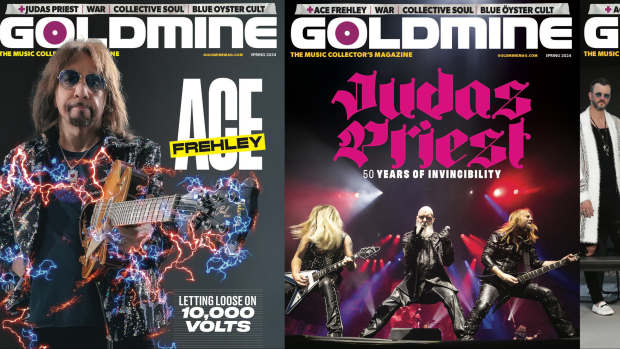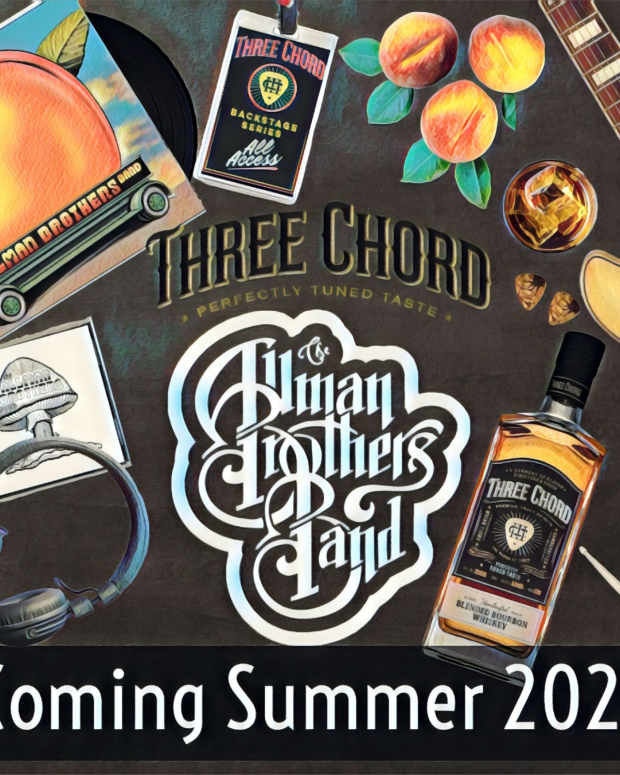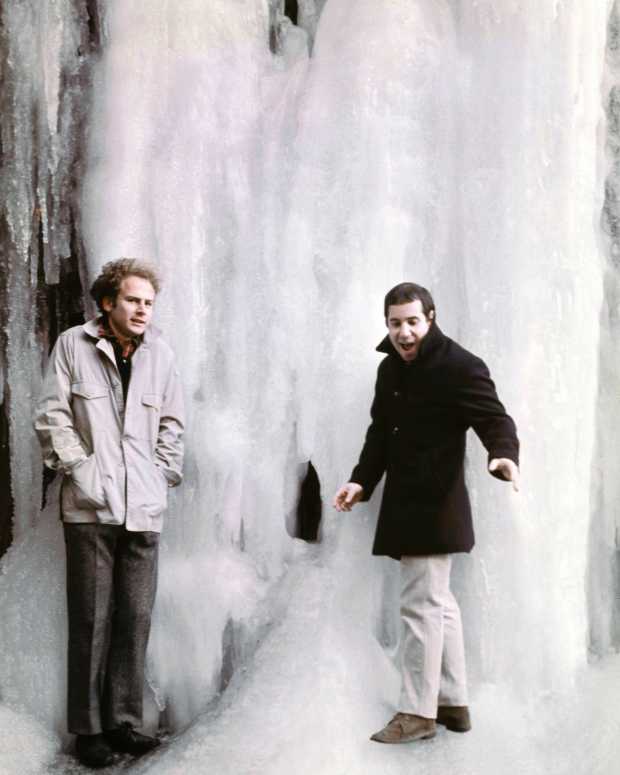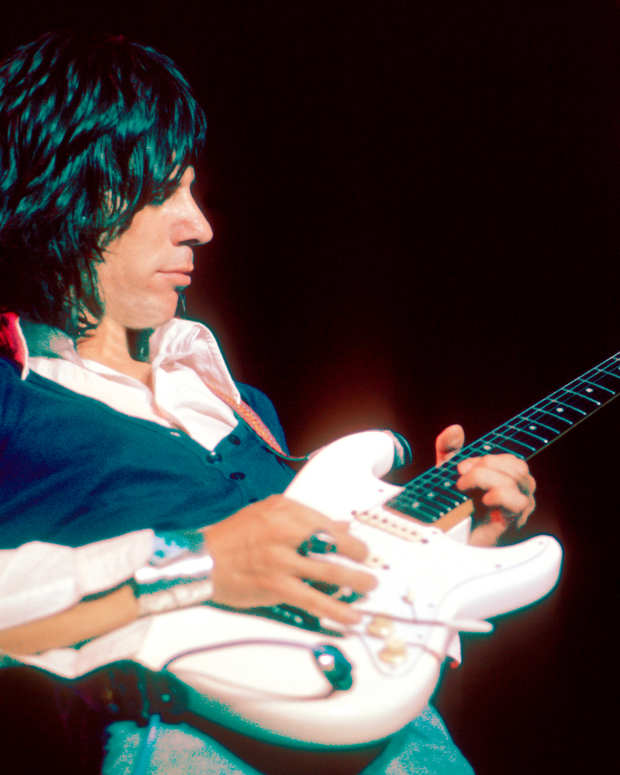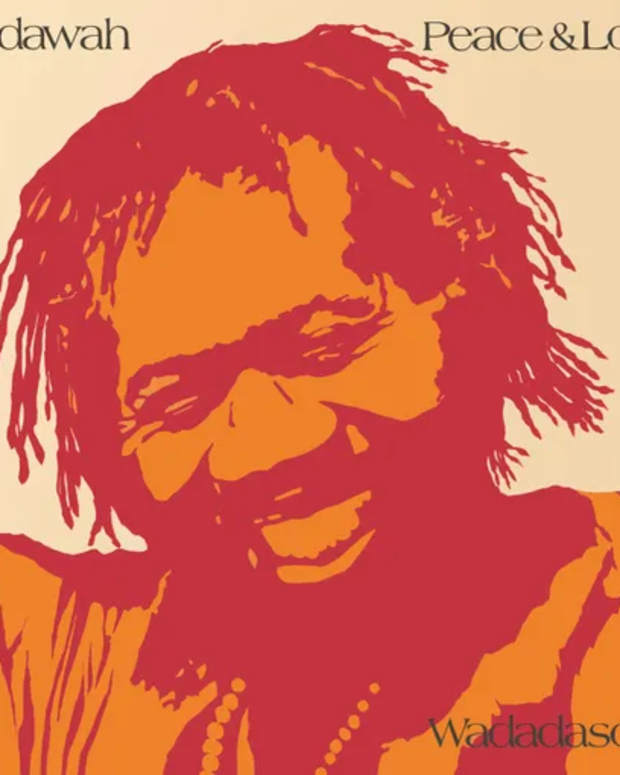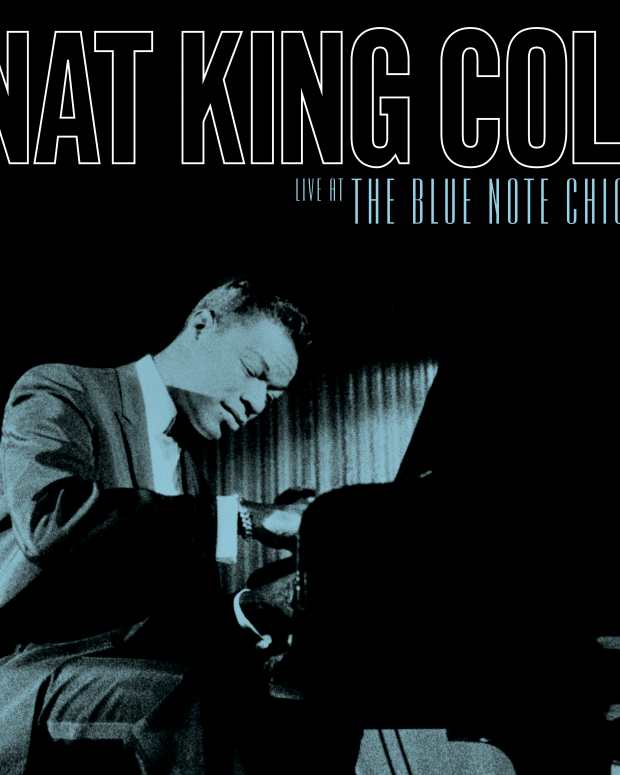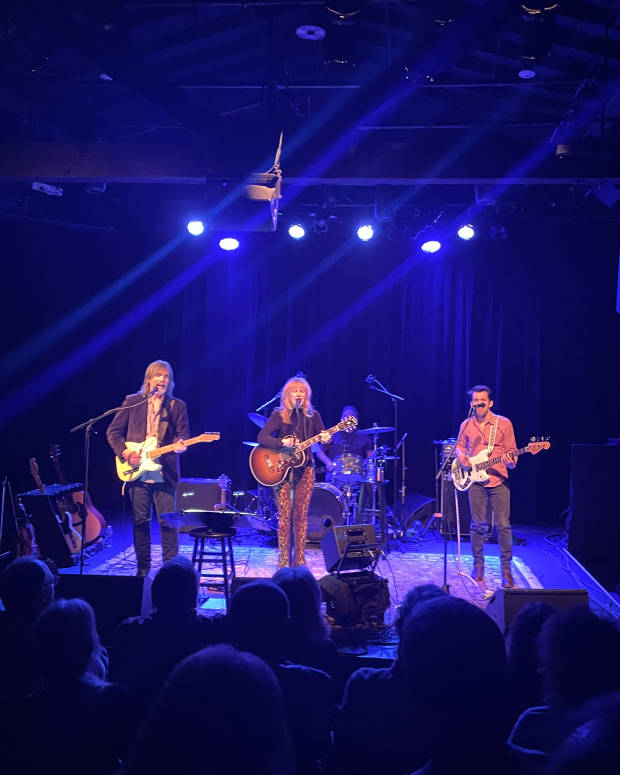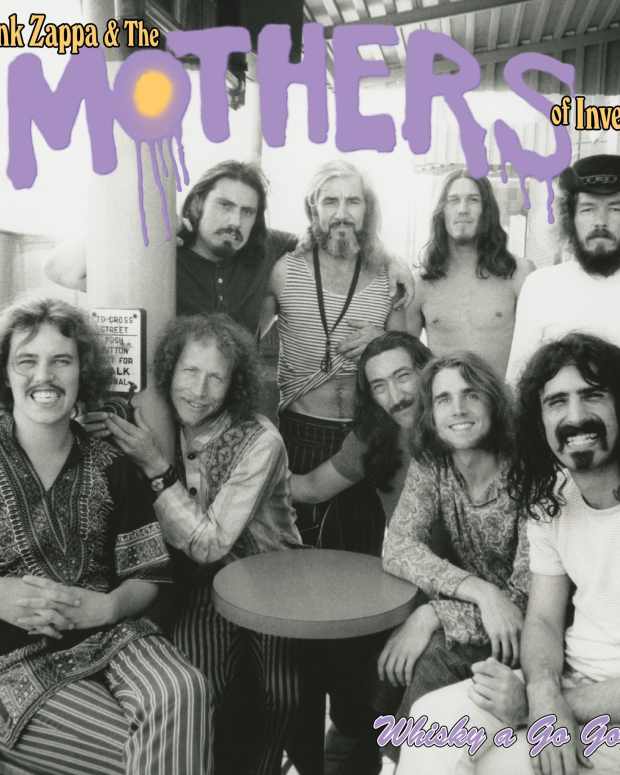The Doors' Robby Krieger shows his roots on new solo album
By Chris M. Junior
Some album titles have more meaning than others.
Take “Singularity,” the name of the latest solo album by Doors guitarist Robby Krieger. A singularity is something unique or distinct, and given Krieger’s style, the title is a good fit.
Krieger likens a singularity to a profound event, and that describes his discovery of flamenco guitar during his formative years. It’s a style he has played with The Doors (“Spanish Caravan,” from the band’s “Waiting for the Sun” album) and on his own (“Russian Caravan Intro” and “Event Horizon Intro,” both on his new album).
Last but not least, “Singularity” is named after a Krieger painting that’s featured on the cover of his new album, which was released in late June on Oglio Records.
Krieger recently discussed his flamenco roots, his painting style, and writing and recording “Singularity.” He also touched on some Doors-related topics, such as how it’s been in recent years to play concerts with keyboardist Ray Manzarek and his relationship with drummer John Densmore, who around 2003 filed a lawsuit against Manzarek and Krieger to prevent them from using the Doors name for touring purposes.
It’s nice to hear your flamenco playing on “Singularity.” How did you discover that style of guitar?
Robby Krieger: Before I played rock ’n’ roll, I played flamenco. That was the first type of guitar I enjoyed listening to. My dad had a couple of flamenco records, and that’s really what I wanted to play when I first started playing guitar, so I took lessons.
Anybody who plays flamenco guitar is going to be copying Sabicas. Before Sabicas, flamenco guitar was mainly to accompany dancers. So this guy Sabicas — and there was another guy before him, Carlos Montoya — made up all these licks that flamenco guys play. If you find a flamenco player who says he hasn’t copped a few Sabicas licks, he’s lying, whether he knows it or not.
So that’s really where I got my style — learning flamenco the proper way. There’s a certain way you have to hold your right hand, and your left hand, too. And it’s really derived from classical guitar; the positions of your hands are from classical.
Did anybody ever try to “correct” you when you started playing rock ’n’ roll and electric guitar?
Krieger: No (laughs). I don’t think there is a proper way to play rock ’n’ roll guitar. I never took any lessons as far as rock ’n’ roll guitar. I was making it up as it goes along.
The cover to “Singularity” features your painting of the same name. How long have you been painting, and who are your influences?
Krieger: My mom was a painter, and I used to mess around with some of her paints when I was a kid. And one day, the radio station here in Los Angeles, KLSX, was having a benefit for AIDS, and they asked a bunch of us if we might try to do something artistic that they could auction off.
So that’s when I started up painting again. I made one up, it came out great and everybody wanted one. So we made a bunch of copies, and after that, I kept doing it. I developed this weird style of painting where I use Plexiglas: I take two pieces of Plexiglas together with the paint on the inside, and it comes out pretty weird.
That painting that’s on the front of the album is one of those Plexiglas-type paintings. You can put those up in a window, and the light comes through it. If you put it up to a light, it looks different; if you put it in a window, it looks different.
Co-producer Arthur Barrow co-wrote most of the new album’s songs with you. How did you guys collaborate? Were you throwing riffs back and forth in a room? Or did you send parts back and forth?
Krieger: We mostly do it on the spur of the moment, together. I don’t like the idea, especially writing-wise, of doing it over the Internet. It’s kind of cool if you’re both in the same room trying stuff. That’s pretty much how we did it.
Did you record most of the album live in the studio?
Krieger: It’s funny you should ask. “Russian Caravan,” which is the first real song on the album, was meant to be like Miles Davis’ “Sketches of Spain.” Now this was about 15 years ago when we started this project, believe it or not. So it was just me and Arthur, and at that point, we didn’t have Pro Tools. Arthur had this MIDI [Musical Instrument Digital Interface] setup, so the idea was I would do this flamenco thing, and from the flamenco we would build this song. It was like a whole orchestral piece, then it would go into a jazz thing, then more back to a Spanish style.
So we got this down [using MIDI], and we let it lapse. We forgot all about it. And about two years ago, we came across this thing. We listened to it, and it was really great, so we [decided] to replace [the previously recorded parts] with real instruments, starting with the drums.
We got a hold of Vinnie Colaiuta, who is probably the only drummer in the world who could have pulled this off. There are a lot of time changes in the piece, and Vinnie is really good at [handling] that stuff. Not only are there time changes, but there are actual tempo changes, too. And Vinnie just nailed them.
Then one by one, we did the bass, the horns and [eventually] we finished it. That was just for “Russian Caravan.” The rest of the stuff we wrote recently.
And you recorded that stuff more traditionally?
Krieger: Right.
Let’s get into a couple of Doors-related things. Looking back, what are your feelings about “Other Voices” and “Full Circle,” the two Doors studio albums without Jim Morrison?
Krieger: I’m pleasantly surprised at how good those records are and how they still hold up. I’m happy with them. I don’t know whether we should have had another singer or not. At that point, I don’t think we could have because Jim had just died, and you can’t replace Jim Morrison. So it ended up with Ray and me singing, and of course, we’re not the best singers in the world. But I think it was more about the songs; there are some really good songs on those records. I’m happy that we did them.
Have either of those albums been released on CD in America?
Krieger: No, they haven’t, but we’re going to do that toward the end of this year.
In the last decade, you’ve probably played with Ray more than you ever did, aside from the heyday of The Doors. How has he changed or evolved as a musician?
Krieger: Ray is the same (laughs). He hasn’t changed in all this time. He still plays great. I can’t tell him apart from the old Ray.
How’s your relationship with John Densmore these days?
Krieger: Well, it’s been better — you know, that whole lawsuit thing. The whole thing is crazy. I just wish John would have come and played with us. That was the whole reason he didn’t want us to use the name — because he wasn’t playing with us. But we still would like him to play with us, and I’m sure it will happen one of these days.
Ray and John have had this falling out ever since they wrote their books. They both put each other down in the books, which was totally stupid.
Because of that rift, is that why you haven’t written a book about your career?
Krieger: That has been the reason, but I am actually writing one right now. It should be done by the end of the year [and out in 2011]. I’m doing it myself, and it’s going to [include], hopefully, some stuff that you haven’t read in the other two books.
How have you, Ray and John gone about maintaining The Doors’ legacy since Morrison’s death? Do you field offers and ideas about projects as they come, or do you guys make a point every few years to put something out in order to keep the band’s name in the public eye?
Krieger: It works all different ways. We’ve got a new manager, ever since Danny Sugerman died [in 2005] — a guy named Jeff Jampol. And he’s very good at suggesting things to do. We just don’t want to do anything that rings of a sellout, but we want to give fans everything they want. We have our own label, Bright Midnight Records, and we’ve been putting out every live show that we can. We’re trying to do it the right way.
For related items that you may enjoy in our Goldmine store:
• Get the closest thing to the full Woodstock experience with the book "Woodstock Peace, Music & Memories."
• Upgrade your Goldmine subscription with an All Access membership. Free access to seminars, downloads and collect.com. Also exclusive deals, sales, and a sneak-peek at new products.
• Download Goldmine's Guide to Eric Clapton (PDF download)




